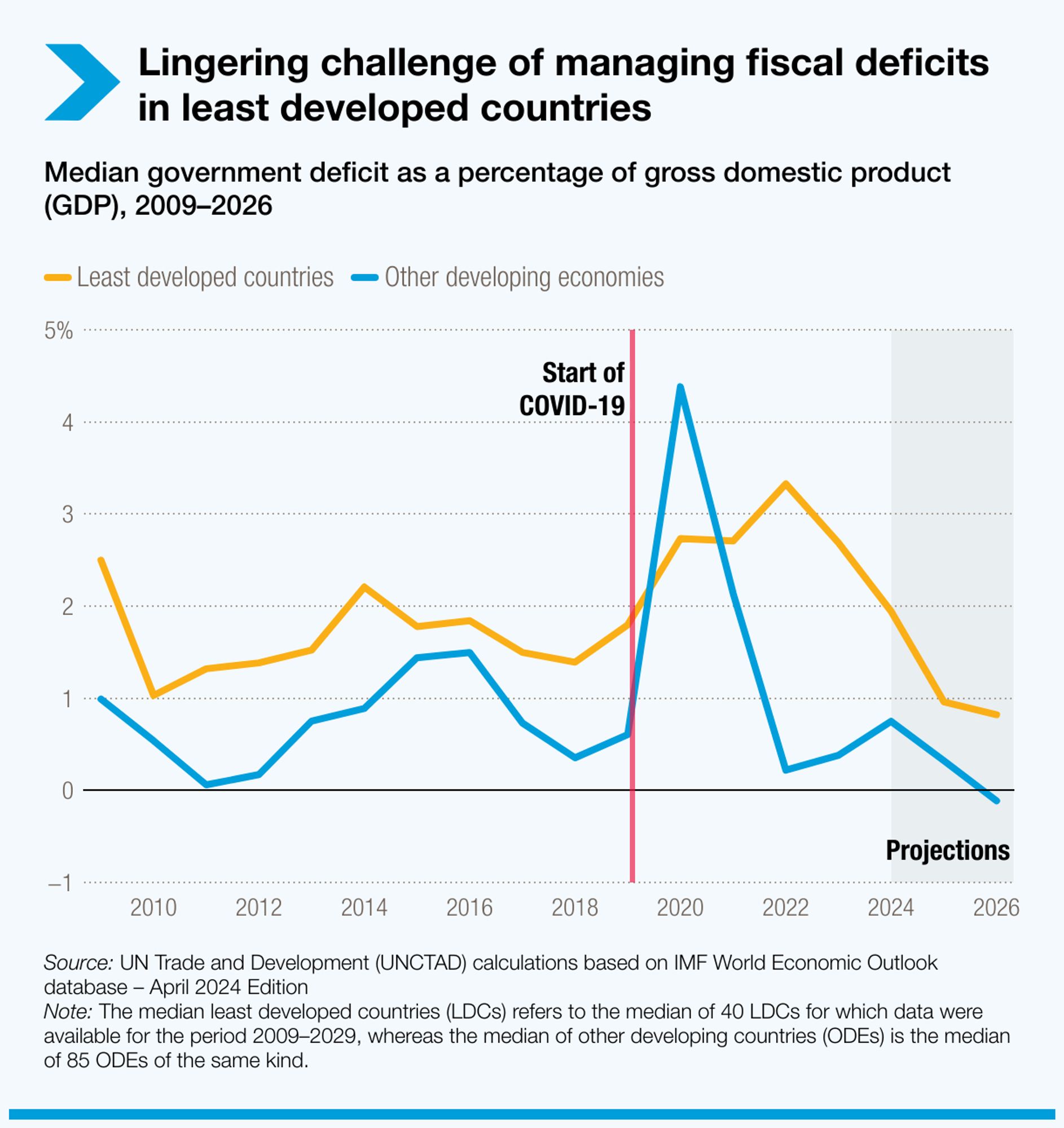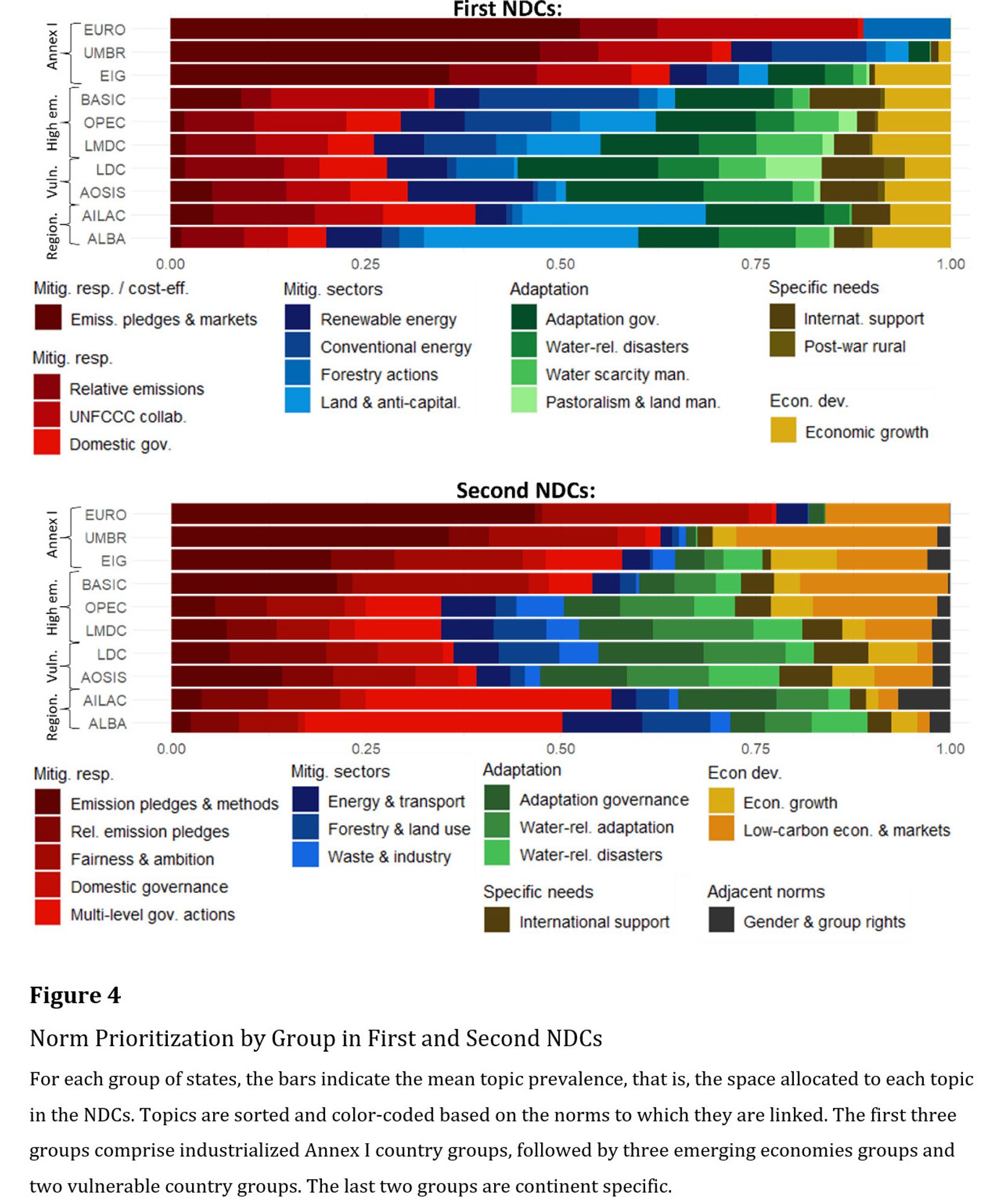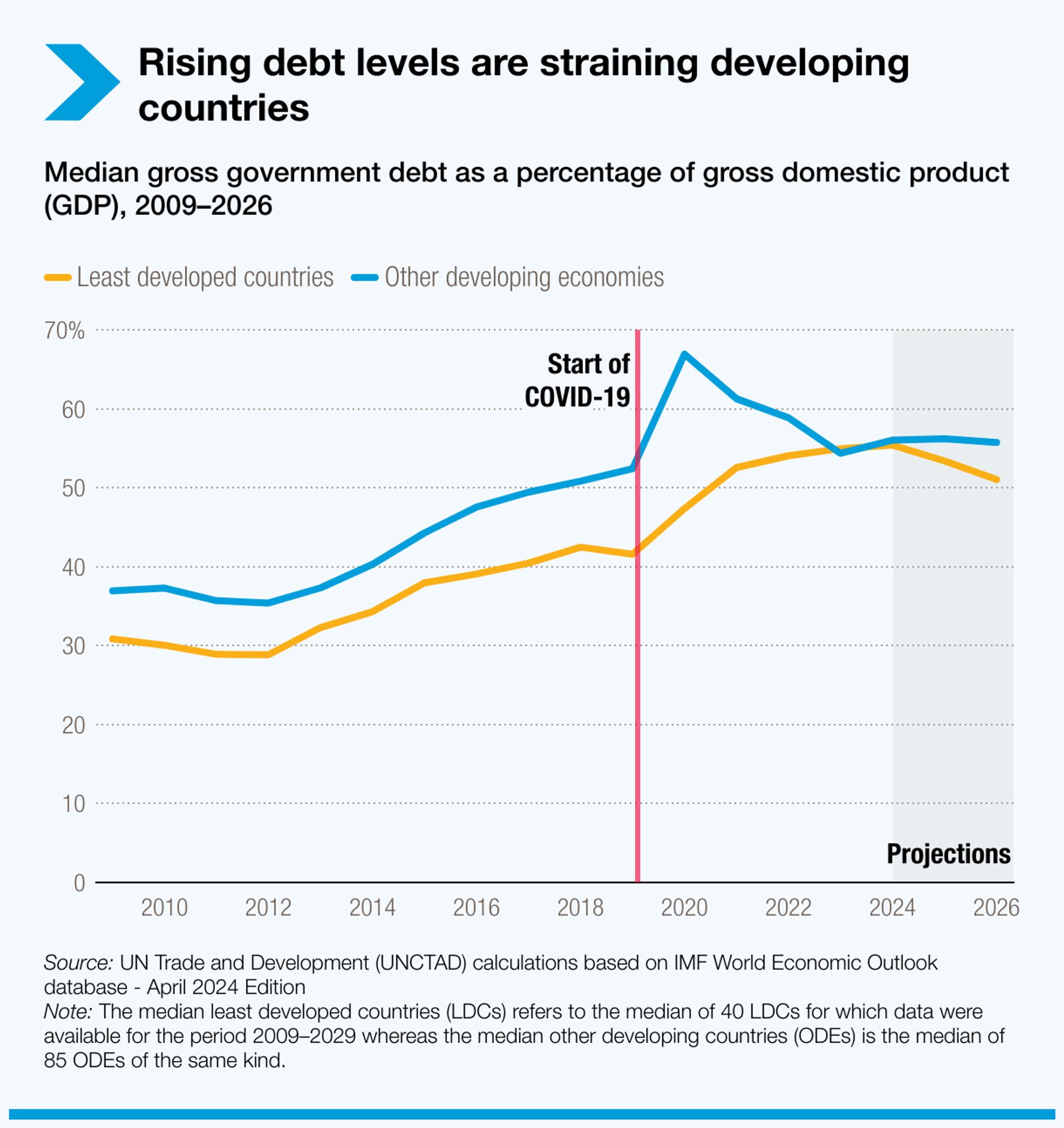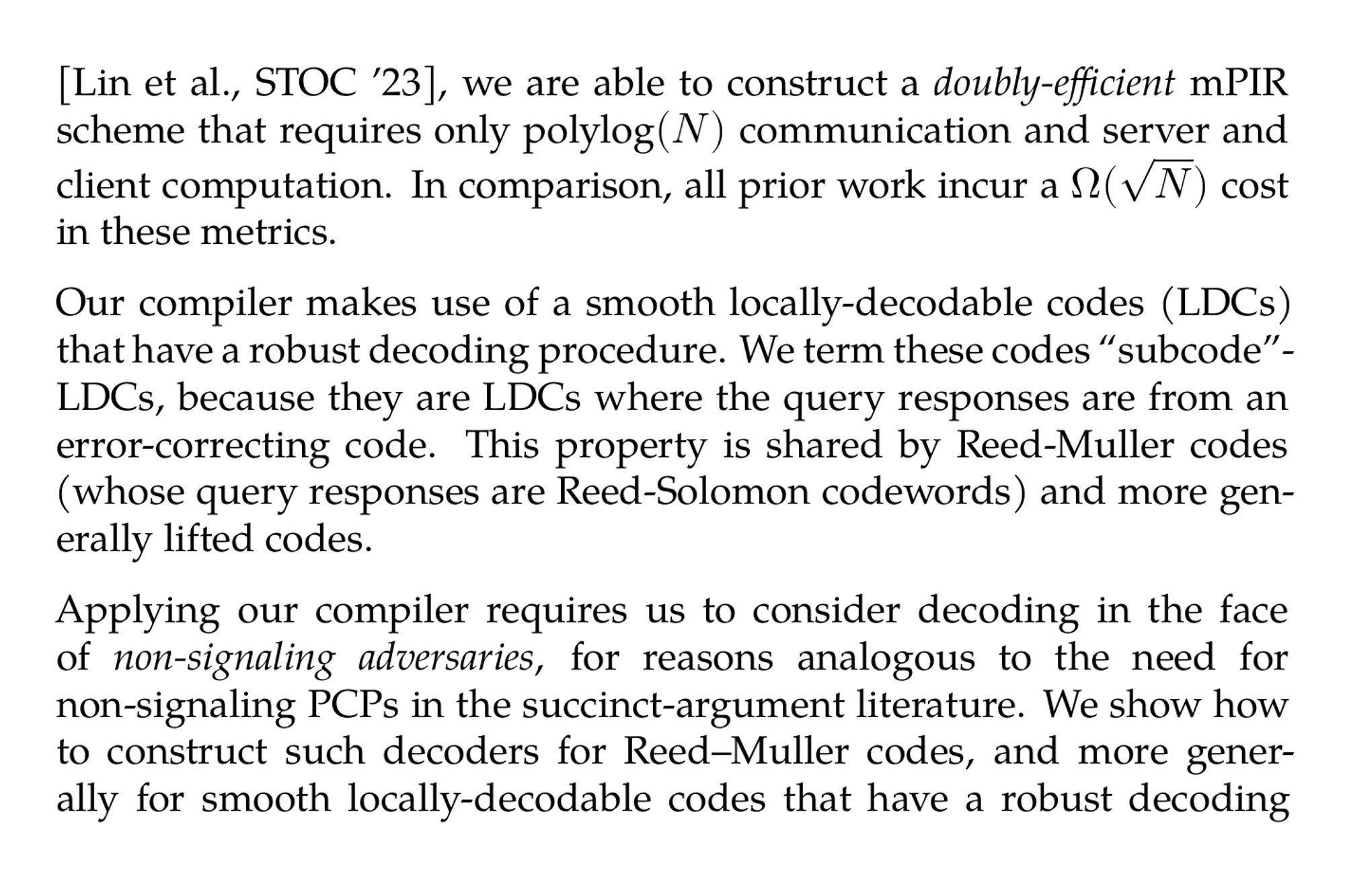@ec.europa.eu's delay on EUDR is a welcome reprieve, but not a complete solution. We must use this extra time to ramp up support for LDCs and ensure they're not left behind in the transition to sustainable supply chains. Our latest blog explores key challenges LDCs face and the steps EU must take⤵️

The EU's decision to delay the Deforestation Regulation (EUDR) implementation by 12 months provides crucial time to address the challenges faced by Least Developed Countries. This window of opportunit...
Debt is one of the most pressing challenges facing developing nations, especially the least developed countries (LDCs). LDCs face higher debt costs, tend to have weaker debt management capacities & often lack adequate representation in key multilateral institutions dealing with debt-related issues.

@ChinaDaily: China has become the first developing country and major global economy to offer zero-tariff treatment on all products from the least developed countries (LDCs), strengthening solidarity and cooperation within the Global South while boosting #Africa's exports, said the Ministry of Commer
The problem with traditional "free trade" is that it equates lower consumer, environmental, and labor protection standards with "competition" and encourages everyone but especially LDCs to eat their proverbial feed corn and sell out the lives of their people for lower prices.
My take on the #WTO#agriculturewww.iisd.org/articles/exp...

IISD expert Facundo Calvo analyzes what came out of the WTO's agriculture negotiations at the 13th Ministerial Conference in Abu Dhabi and its implications for least developed countries and other vuln...
Yet, the formerly strict divide appears to become blurrier in the 2nd NDCs. Emerging & industrialized economies (Umbrella, EU, BASIC) present plans for green growth. In contrast, developing countries with lower income (LDCs) emphasize conventional growth plans to combat poverty.

Yet, the formerly strict divide appears to become blurrier in the 2nd NDCs. Emerging & industrialized economies (Umbrella, EU, BASIC) present plans for green growth. In contrast, developing countries with lower income (LDCs) emphasize conventional growth plans to combat poverty.


![Abstract. Private Information Retrieval (PIR) enables a client to retrieve a database element from a semi-honest server while hiding the element being queried from the server. Maliciously-secure PIR (mPIR) [Colombo et al., USENIX Security ’23] strengthens the guarantees of plain (i.e., semi-honest) PIR by ensuring that even a misbehaving server (a) cannot compromise client privacy via selective-failure attacks, and (b) must answer every query consistently (i.e., with respect to the same database). These additional security properties are crucial for many real-world applications.
In this work we present a generic compiler that transforms any PIR scheme into an mPIR scheme in a black-box manner, minimal overhead, and without requiring additional cryptographic assumptions. Since mPIR trivially implies PIR, our compiler establishes the equivalence of mPIR and PIR. By instantiating our compiler with existing PIR schemes, we immediately obtain mPIR schemes with O(N^(ϵ)) communication cost. In fact, by applying our compiler to a recent doubly-efficient PIR [Lin et al., STOC ’23], we are able to construct a doubly-efficient mPIR scheme that requires only polylog(N) communication and server and client computation. In comparison, all prior work incur a $\Omega(\sqrt{N})$ cost in these metrics.
Our compiler makes use of a smooth locally-decodable codes (LDCs) that have a robust decoding procedure. We term these codes “subcode”-LDCs, because they are LDCs where the query responses are from an error-correcting code. This property is shared by Reed-Muller codes (whose query responses are Reed-Solomon codewords) and more generally lifted codes.
Applying our compiler requires us to consider decoding in the face of non-signaling adversaries, for reasons analogous to the need for non-signaling PCPs in the succinct-argument literature. We show how to construct such decoders for Reed–Muller codes, and more generally for smooth locally-decodable codes that have a robust decoding procedure.](https://cdn.bsky.app/img/feed_fullsize/plain/did:plc:fwa55bujvdrwlwlwgqmmxmuf/bafkreihri2a7zsyznw6c574kwa2sjl3tbyy5fhmq766bdk4yaovpi7qife@jpeg)

